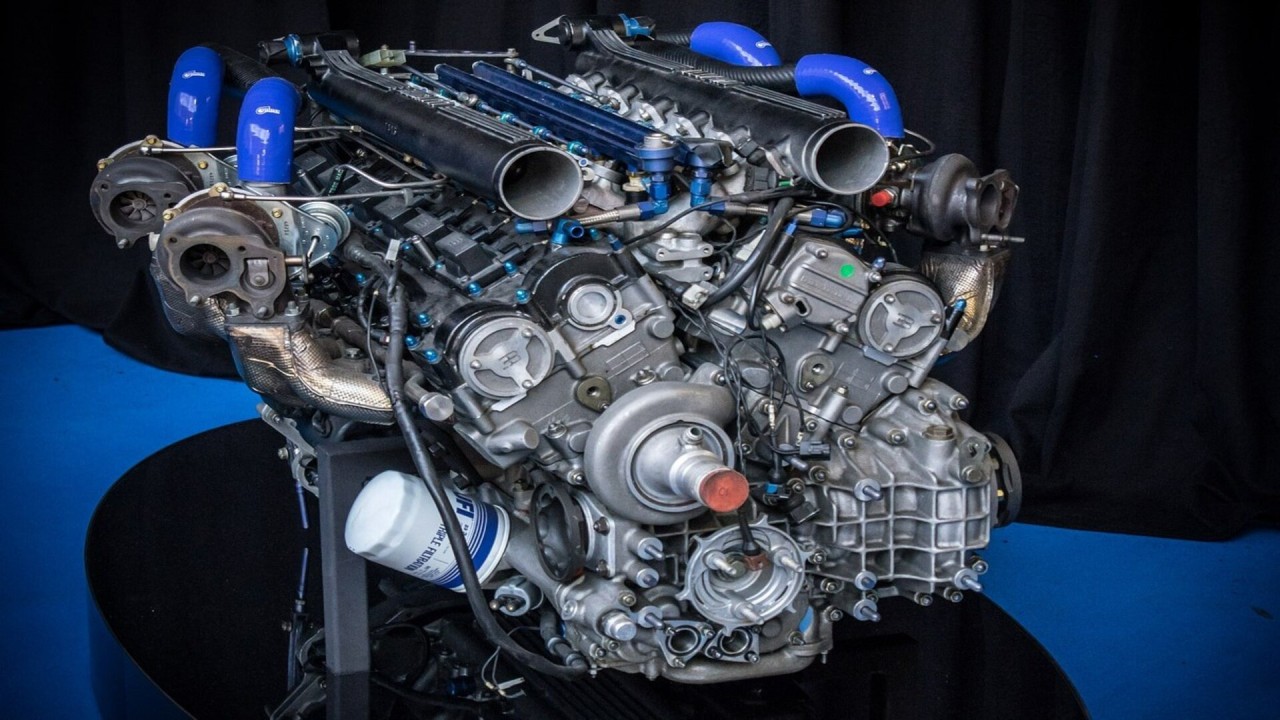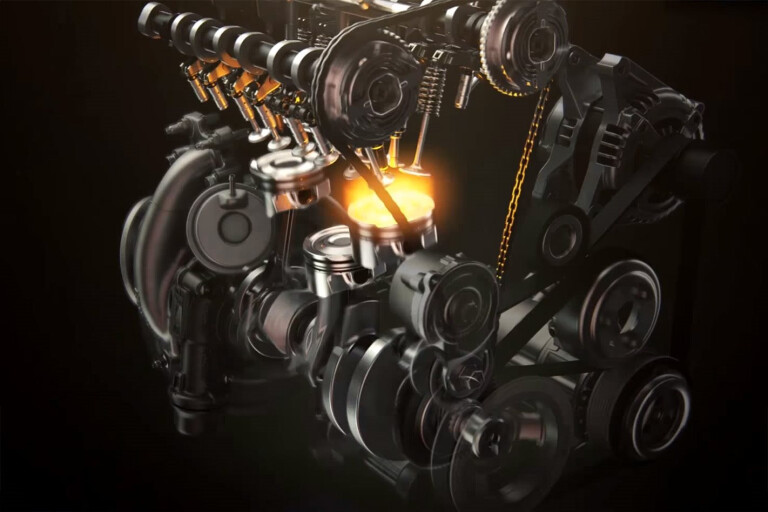Vehicle Components Shop Offering Engines for Africa: Your Source for Quality Car Components
Vehicle Components Shop Offering Engines for Africa: Your Source for Quality Car Components
Blog Article
The Mission for Ultimate Driving Power: Examining the Peak of Engine Efficiency and Technological Advancements in the Automotive Field
In the realm of vehicle engineering, the quest of maximum driving power has been a ruthless quest that has unfolded via the advancement of engine design and the combination of advanced technologies. From the precise craftsmanship of burning engines to the fast developments in electric propulsion systems, the automobile field stands at the cusp of a brand-new age identified by unmatched performance abilities. As researchers and designers dig deeper into the realms of computational fluid characteristics and discover cutting-edge gas modern technologies, the horizon of opportunities increases greatly. Remain tuned as we untangle the elaborate tapestry of technological innovations that are shaping the future of auto power and efficiency.
Development of Engine Layout

Moreover, the combination of turbocharging and turbo charging technologies has revolutionized engine design by improving power without considerably raising engine dimension. These forced induction systems compress the consumption air, permitting for more gas to be ignited, thus producing greater power output from a smaller sized engine. This advancement has been especially vital in enhancing the efficiency of smaller sized displacement engines while maintaining gas efficiency requirements.

Performance-Enhancing Gas Technologies
The execution of advanced fuel technologies has significantly added to improving engine efficiency in modern vehicles. From conventional fuel and diesel to ingenious biofuels, artificial fuels, and hydrogen, the automobile industry is witnessing a revolution in gas options. Biofuels, acquired from sustainable resources like corn, sugarcane, or algae, offer lowered exhausts and boosted engine efficiency. Artificial fuels, produced via chemical processes, offer high octane ratings, boosting power outcome. Hydrogen fuel cells, although still in the onset of adoption, show excellent assurance as a result of their zero-emission nature and potential for high efficiency. Additionally, fuel ingredients and detergents are being developed to clean engine parts, enhance burning, and reduce friction, thereby enhancing overall vehicle efficiency. With recurring study and development, the mission for the ultimate driving power proceeds, as engineers make every effort to unlock the full capacity of performance-enhancing gas innovations in the automobile market.
Developments in Electric Propulsion
Significant strides in electrical propulsion innovation have transformed the vehicle sector, leading the way for a brand-new period of lasting and effective transportation. Electric automobiles (EVs) are getting appeal as a result of their ecological benefits and innovations in battery technology, making it possible for longer driving arrays and shorter billing times. Manufacturers are investing heavily in r & d to boost the efficiency of electrical propulsion systems, focusing on increasing power result, boosting energy efficiency, and decreasing general weight.
One noteworthy breakthrough in electrical propulsion is the development of innovative electrical motors that supply greater torque and power density, resulting in enhanced acceleration and general driving performance. In addition, regenerative braking systems have actually been refined to keep and record energy throughout deceleration, further improving the effectiveness of EVs.
Additionally, the integration of wise modern technologies, such as fabricated intelligence and anticipating analytics, is enhancing the administration of electric propulsion systems, ensuring ideal performance under different driving conditions. These developments in electrical propulsion are reshaping the automobile landscape, driving the sector towards a much more sustainable and electrified future.
Impact of Computational Fluid Characteristics
With innovations in electric propulsion pushing the limits of auto modern technology, the integration of Computational Liquid Characteristics is playing a critical function in enhancing aerodynamic efficiency and boosting overall effectiveness in automobile layout. Computational Fluid Characteristics (CFD) includes using computer system simulations to examine the circulation of air around a car, allowing engineers to anticipate how design modifications will certainly affect the rules of aerodynamics without the review demand for costly physical prototypes. By precisely modeling air movement patterns, CFD allows for the refinement of lorry shapes to lower drag, improve cooling, and improve stability.
One trick advantage of utilizing CFD in vehicle style is the capacity to repeat quickly, checking out various style variants to determine the most aerodynamically reliable options. This iterative procedure results in lorries that are not only sleeker and a try this website lot more aesthetically enticing but additionally extra fuel-efficient and eco friendly. CFD makes it possible for designers to enhance air flow around elements such as radiators, engine bays, and wheel wells, contributing to enhanced performance and overall driving experience. Finally, the assimilation of Computational Liquid Dynamics stands for a substantial step ahead in the pursuit for supreme driving power and performance in the automotive market.
Future Patterns in Engine Innovation
In the dynamic landscape of automotive design, innovative developments are forming the future trajectory of engine technology. The future of engine layout is marked by a strong emphasis on efficiency, sustainability, and performance. Producers are increasingly concentrating on creating engines that not only provide high power outcomes however additionally focus on environmental obligation by enhancing and decreasing emissions fuel effectiveness.
One famous pattern in engine development is the rise of electrification. Hybrid and electric powertrains are gaining grip as viable options to traditional burning engines. These technologies provide the potential for significant reductions in carbon exhausts and raised energy effectiveness, straightening with global initiatives to battle environment adjustment.
In addition, developments in products science and production methods are allowing the manufacturing of lighter and more long lasting engine elements. This change towards light-weight products such as carbon fiber and light weight aluminum alloys adds to boosted efficiency and fuel economic situation.
Verdict
To conclude, the pursuit of utmost driving power in the auto sector continues to drive developments in engine style, gas technologies, electrical propulsion, and computational liquid dynamics. The advancement of these modern technologies is forming the future of engine advancement, leading the way for extra effective and reliable vehicles (engines for africa). As the market proceeds to push the boundaries of what is feasible, we can anticipate to see even more groundbreaking developments in the quest for peak performance
One of the key milestones in engine style advancement visit this site right here is the shift from standard carbureted engines to contemporary fuel-injected systems. By exactly metering the gas distribution to each cyndrical tube, fuel-injected engines optimize combustion, resulting in far better performance and decreased environmental influence.
Additionally, the integration of turbocharging and turbo charging innovations has actually changed engine layout by enhancing power without dramatically raising engine size (engines for africa).The implementation of innovative gas modern technologies has actually dramatically contributed to improving engine efficiency in contemporary automobiles. Additionally, gas additives and detergents are being formulated to clean engine components, enhance combustion, and decrease friction, thus increasing overall lorry efficiency
Report this page